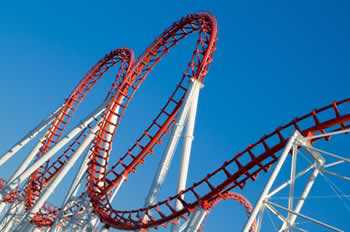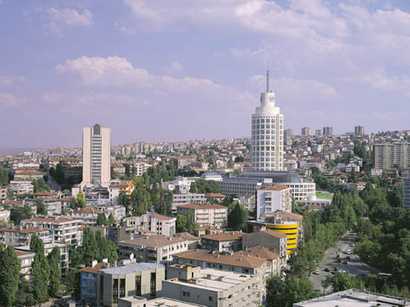New unit will leverage IH Systems’ pharmacy practice expertise to work with regional healthcare providers on developing comprehensive dose solutions
WINNIPEG, Manitoba–(BUSINESS WIRE)–April 18, 2013–
Intelligent Hospital Systems (IH Systems), developer of the RIVA automated IV compounding system, announced that it is expanding its global footprint with new operations in Izmir, Turkey. IH Systems Turkey will focus on creating a platform for delivering end-to-end pharmacy solutions for hospitals that include drug inventory and supply, medication ordering, processing and workflow, pharmacy hardware and software technologies, and much more.
The new office began providing services in Turkey last fall in a collaborative venture with Dokuz Eylül University Hospital in Izmir. The partnership is believed to be the first time a pharmacy technology provider such as IH Systems has teamed with a hospital to develop a comprehensive pharmacy solution.
“The hospital pharmacy is central to patient care. There is not a department or patient that the pharmacy does not touch — so it is imperative that pharmacy operations are safe, efficient and cost-effective,” said Dr. Niels Erik Hansen, president and CEO of IH Systems. “We are using our expertise in pharmacy practice to expand our global service offering and help pharmacies increase safety and operational efficiency, and reduce costs.”
Mr. Hilmi Sunay will serve as CEO of IH Systems’ Turkey unit. A recognized expert in pharmacy technology, automation and cytotoxic preparation, Mr. Sunay served as CEO of healthcare technology company Rivosem in Istanbul for five years before joining IH Systems last April. He has consulted with such well-known healthcare companies as Johnson & Johnson, Beckton Dickinson and Boehringer Ingelheim Delta Pharma, and led the development of more than 50 pharmacy compounding centers in Turkey.
“We are very excited to have a respected expert such as Hilmi leading the expansion of IH Systems in Europe and being a catalyst for continued growth,” said Dr. Hansen. “Not only does he have decades of experience in the market, more importantly, he has tremendous knowledge of all aspects of pharmacy practice and healthcare technology.”
As part of its aggressive effort to expand into new markets, IH Systems earlier this year announced it has entered into a manufacturing partnership with Cambridge, Ontario-based ATS Automation. ATS will become the global manufacturer of the RIVA system. The hi-tech manufacturer has 20 production facilities around the world, including several in Western Europe, as well as India, China, Malaysia and Singapore.
About Intelligent Hospital Systems
Founded in 2006, Intelligent Hospital Systems (IH Systems) is a medical device company focused on the design and development of automated solutions for the hospital environment. Based in Winnipeg, Manitoba, IH Systems manufactures RIVA, a fully automated IV compounding system that prepares medications for syringes and IV bags in an aseptic environment. Using RIVA, hospitals enhance patient safety, lower the cost-per-dose of medications, reduce their vulnerability to medication shortages and cut waste. For more information, visit .
CONTACT: For Intelligent Hospital Systems
Cookerly Public Relations
Cory Stewart, 404-816-2037
[email protected]
SOURCE: Intelligent Hospital Systems
via Intelligent Hospital Systems Expands into Europe with New Operations in Izmir, Turkey – WSJ.com.





